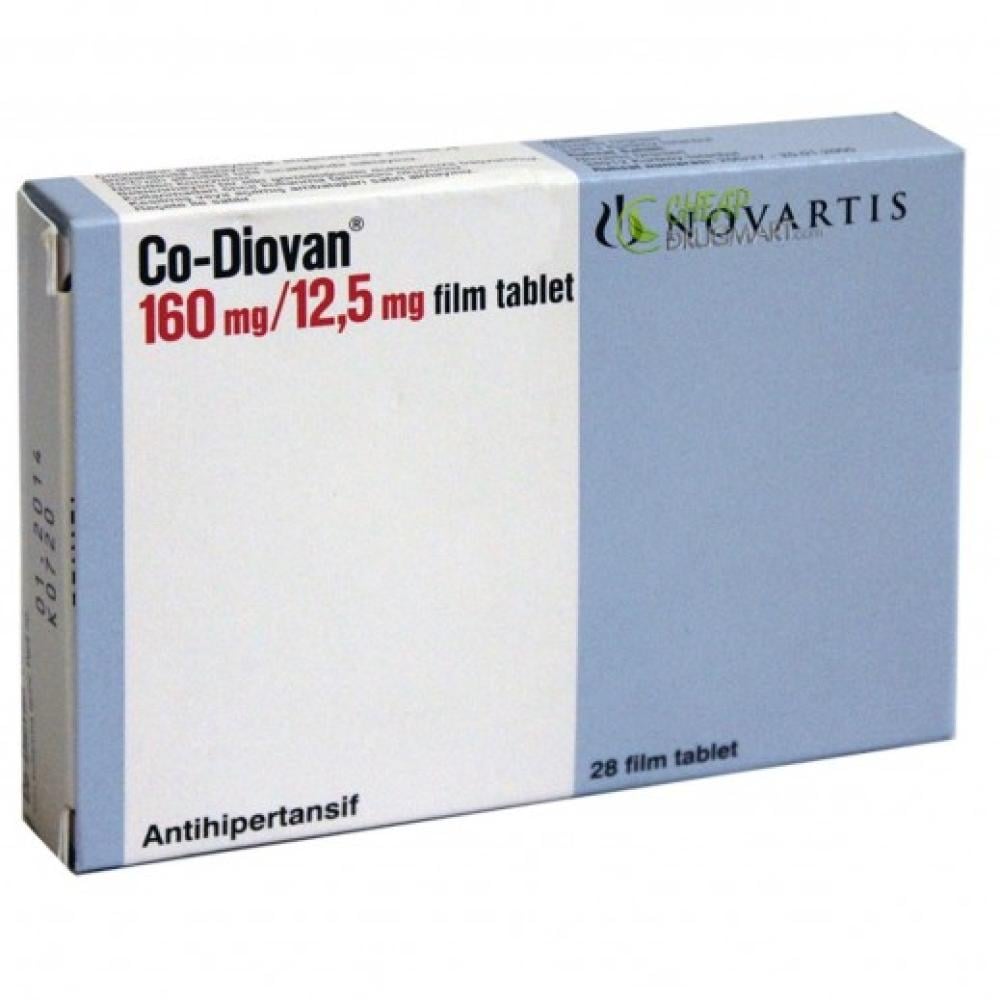

Product Description:
Valsartan:
Hydrochlorothiazide:
Instructions for use:
Do not change the dose or stop treatment without consulting your doctor.
If you take too much valsartan/hydrochlorothiazide:
If you forget to take valsartan/hydrochlorothiazide:
Warnings and Precautions:
Do not use valsartan/hydrochlorothiazide:
Talk to your doctor:
If you suffer from:
Follow your doctor's recommendations regarding the starting dose carefully:
Your doctor may also want to check your kidney function:
If you have ever had swelling of the tongue and face caused by an allergic reaction called angioedema when using other medicines (including ACE inhibitors):
the components:
The active ingredients are a combination of two drugs:
It is available in different strengths from many manufacturers:
